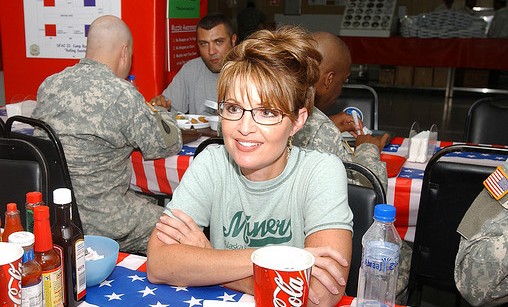Last week, Guardian journalist and newly-elected Labour councillor for Southwark Rowenna Davis used Twitter to liveblog the heart operation of a two-week-old girl at Great Ormond Street hospital.
Her updates were also posted on the Guardian’s NHS liveblog alongside photos she took during the surgery (see above) and tweets from followers.
Going through Davis’ @ messages and tweets that used the #nhsblog hashtag shows the response on Twitter was, as she said, “overwhelmingly positive”. The Media Blog called it “A perfect use of Twitter“.
But interestingly, the response on the Guardian’s Comment is free site, where Davis blogged about the reaction to her coverage, was almost completely the opposite.
The comments that follow the CiF post are almost overwhelmingly negative, with Davis’ live coverage of the surgery called, “mawkish”, “ghoulish”, “a stunt”, “revolting sensationalism”, and more.
An interesting point of comparison for the coverage, which has been raised in the CiF comment thread, is broadcast, but it is hard to see people reacting quite the same way about a fly-on-the-wall documentary.
A few commenters suggested the problem with Davis’ liveblog was that it was live, and that the risk to the girl’s life made that inappropriate (according to Davis the operation carried a 1 or 2 per cent risk). Whereas a documentary, commenter davidabsalom said, would be recorded in advance.
But Channel 4 screened a series of programmes in 2009 that showed live surgery, during which viewers were invited to interact with the surgeons using Twitter, email and the telephone.
Channel 4’s David Glover said at the time that the programme was designed to “demystify surgery, encourage discussion and help viewers to understand their own bodies, as well as showing the care, dedication and skill that goes into modern surgery”.
Ofcom archives show no record of any complaints about the programme (less than 10 complaints are not recorded).
The Surgery Live patients were adults, rather than children as in this case, but Davis obtained consent from the girl’s parents. And the operations – brain, heart, and stomach surgery – seem no less risky than the one in this case.
So I can’t help but wonder whether the discrepancy between the responses on Twitter and on CiF stems from the medium itself, with those who use Twitter – and so responded via the network – much more likely to see the coverage in a positive light, and those on Comment is Free more likely to construe it negatively. (I can’t assess how many of those who commented on the CiF post use Twitter, so this is something of a shot in the dark).
Davis has responded several times in the comment thread to defend the journalistic value of her coverage, including this post:
I think one key dividing line about whether this is defensible is intention. If you’re just blindly seeking ratings for entertainment value, that’s pretty grim. But if your aim is to offer some kind of insight into the reality of the job surgeons face and the trials families have to go through, that seems quite different. Especially when it helps bring to light the importance of the health service, and how vital it is that we get the reforms right.
That said, I think the points you are raising are valid, and it’s important to raise them. There are certainly ways in which I could see this being done insensitively.
You can follow the full debate here.
